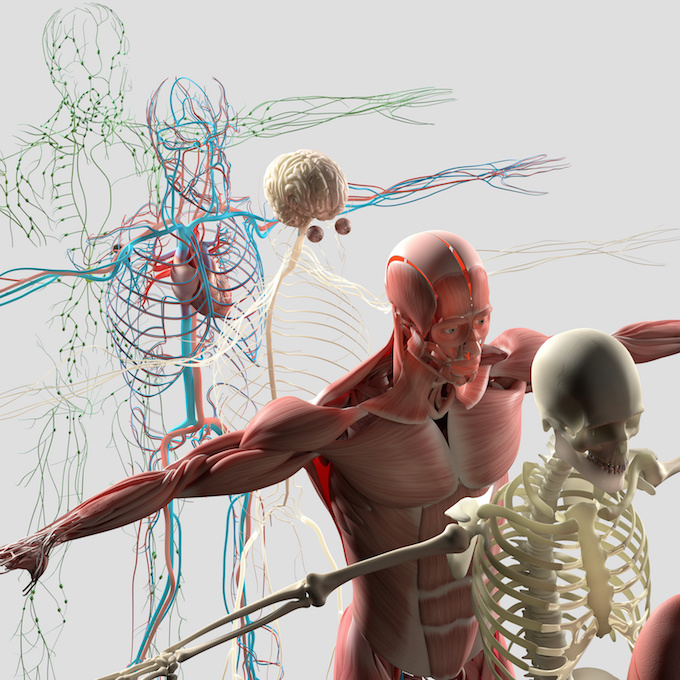
The BODY WORLDS Vital exhibition, which opens in Auckland in April at the Hilton Exhibition Centre on Princes Wharf, features 150 anatomical specimens – whole bodies as well as organs and other body parts donated for the benefit of public education – that have gone through a meticulous year-long process of ‘plastination’. The resultant specimens illustrate how lifestyle decisions impact the well being and health of our bodies.
John O’Connell, CEO of Life Education Trust, said BODY WORLDS Vital was intended as an opportunity to educate students on human biology and anatomy, and would to be a fascinating experience for students, teachers and the community alike.
“There’s nothing more powerful than seeing the inner workings of a real human body to capture children’s understanding and empower them to make positive lifestyle change,” he said.
The BODY WORLDS exhibitions were founded by anatomist and scientist Dr Gunther von Hagens, inventor of the plastination process, and Dr Angelina Whalley, a physician and conceptual designer.
On display since 1995, BODY WORLDS had attracted more than 45 million visitors in over 120 cities across America, Africa, Asia and Europe.
XPO Events’ Managing Director Brent Spillane expected New Zealand’s interest levels to match those of other host nations.
“A chance to marvel at what lies beneath the skin, the exhibition explores how everything we do – exercise, diet, smoking – impacts our bodies. Two thirds of global visitors walk away making positive changes to their own health and well being, so we hope to influence similar positive change with many 1000s of event goers at home,” he said.
The much-delayed English draft curriculum is now out for consultation, generating discussion from teachers.
Research from AUT demonstrates arts, culture and recreation have positive impacts on all aspects of…
How effective has the school phone ban been in achieving its aims? Researchers from the…
School camps and excursions deliver hands on learning experiences, helping to consolidate classroom learning.
Innovations in AV technologies present new opportunities to engage with students. We look at how…
A new report from the University of Auckland’s Our Voices Project asks young people what…
This website uses cookies.